There's no such thing as 'terrorism'
Are the motivations underlying the mowing down of random pedestrians any more coherent than the ones that led an antisocial lunatic dressed up as a Batman character to unload on a movie-theater audience?

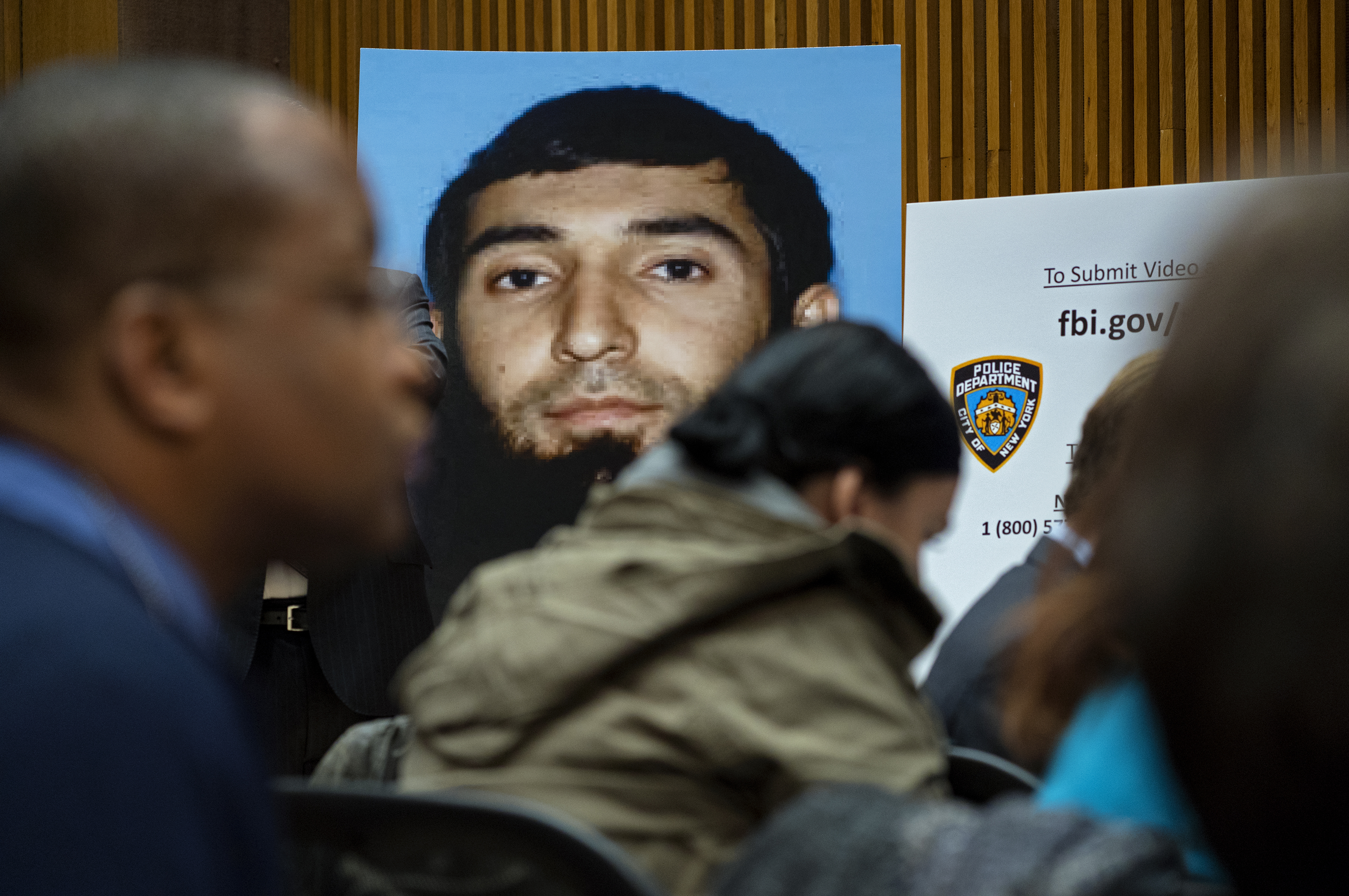
What is the practical difference between what happened on Halloween in Lower Manhattan and the shooting in Thornton, Colorado, the next day?
Aside from the fact that the suspect in the latter is described as "a Caucasian man wearing a black jacket, maroon shirt, and blue jeans," I mean.
Why is the former event an act of "terrorism," a clear-cut case in response to which the president of the United States feels the need to unburden himself of the opinion that the suspect, who has not been convicted of any crime, much less appeared before a judge for sentencing, should receive the death penalty, while the latter is simply another one of those indistinguishable "mass shootings," a regrettably random irruption of evil with no political implications worthy of being mentioned in polite company?
The Week
Escape your echo chamber. Get the facts behind the news, plus analysis from multiple perspectives.

Sign up for The Week's Free Newsletters
From our morning news briefing to a weekly Good News Newsletter, get the best of The Week delivered directly to your inbox.
From our morning news briefing to a weekly Good News Newsletter, get the best of The Week delivered directly to your inbox.
Whenever someone suggests in the wake of one of these shooting that there is something wrong in a country in which it is possible to obtain quasi-military-grade firearms and massive amounts of ammunition, he is accused of a gross "politicization" of a tragedy. Meanwhile, to make passive-aggressive insinuations about immigration and dash off think-pieces about what it "means" for Brexit or the fortunes of Europe's right-wing political parties whenever someone is shot in Paris or Nice by a Muslim is sober disinterested political analysis.
We need to stop pretending that Reddit jihadism is some kind of coherent philosophy and that any murderer who can be shown to have once read an article about ISIS is some kind of de facto "operative" working on behalf of the caliphate. Disenchanted young people, often under the influence of drugs, read all kinds of gibberish on the internet. Some of them later decide for reasons that we will never understand to get hold of weapons — guns, homemade bombs, motor vehicles — and commit murder. Are the motivations underlying the hijacking of a pick-up truck in order to plow down random pedestrians any more coherent than the ones that led an antisocial lunatic dressed up as a Batman character to unload on a movie-theater audience with tear gas and an arsenal's worth of guns and to rig up a bomb that was fortunately defused? How much more likely is an immigrant from Syria or Uzbekistan to commit any crime, violent or otherwise, in comparison with a pale white kid born in Wisconsin?
"The greater the scientific advance," says one of Don DeLillo's characters in White Noise, "the more primitive the fear." The further the incursions into our lives made by technology, I think, the closer we come to the magical thinking anatomized by Sir James Frazer in The Golden Bough. Borders, boundaries, matter, logistics, persons, and relationships between them dissolve into a digital blur; the screen becomes reality. We find solace in pretending that to utter one word or phrase — "security," "economic growth" — is to effect it and that to abjure the use of another — "infanticide" — is to banish it; we engage in scapegoating, pretending that there is a uniform identifiable cause behind the violence that occasionally interrupts our digital placidity, with its false comforts and low-stakes, indeed meaningless quarrels.
It is becoming clearer that the period of seeming peace and stability experienced by those living within NATO's sphere of influence during the Cold War and in its immediate aftermath was an aberration. History really is the register of the crimes, follies, and misfortunes of mankind set against the saints' pitiful credits for a tally decidedly in the red. The slaughter of innocents has been with us always; the only difference is that it has never been easier to plan and execute on a large scale and reach the attention of other people in doing so than it is now. The confluence of technology, economic unrest, and a kind of spiritual disillusionment with the modern world that also leads other young people to masquerade as Nazis on Twitter and put on Halloween costumes before taking to the street to pretend that they are re-fighting the Spanish Civil War has brought us here. I do not know how we move backward or forward.
A free daily email with the biggest news stories of the day – and the best features from TheWeek.com
All of which is not to suggest an explanation, rather than to sketch a crude backdrop, for these events. There is, properly speaking, no reason why these atrocities take place. There is also no immediate feasible solution to the problem of mass killings in this country. We cannot confiscate firearms; if we could, there is no reason to believe that killers would not simply make wider use of explosives or motor vehicles. The only world in which these are not possible is one in which these technologies have been forbidden or forgotten.
We are still the wealthiest, most comfortable people in the history of the world. That doesn't make us safe. Equivocation about the varieties of mass murder won't either.
Matthew Walther is a national correspondent at The Week. His work has also appeared in First Things, The Spectator of London, The Catholic Herald, National Review, and other publications. He is currently writing a biography of the Rev. Montague Summers. He is also a Robert Novak Journalism Fellow.
-
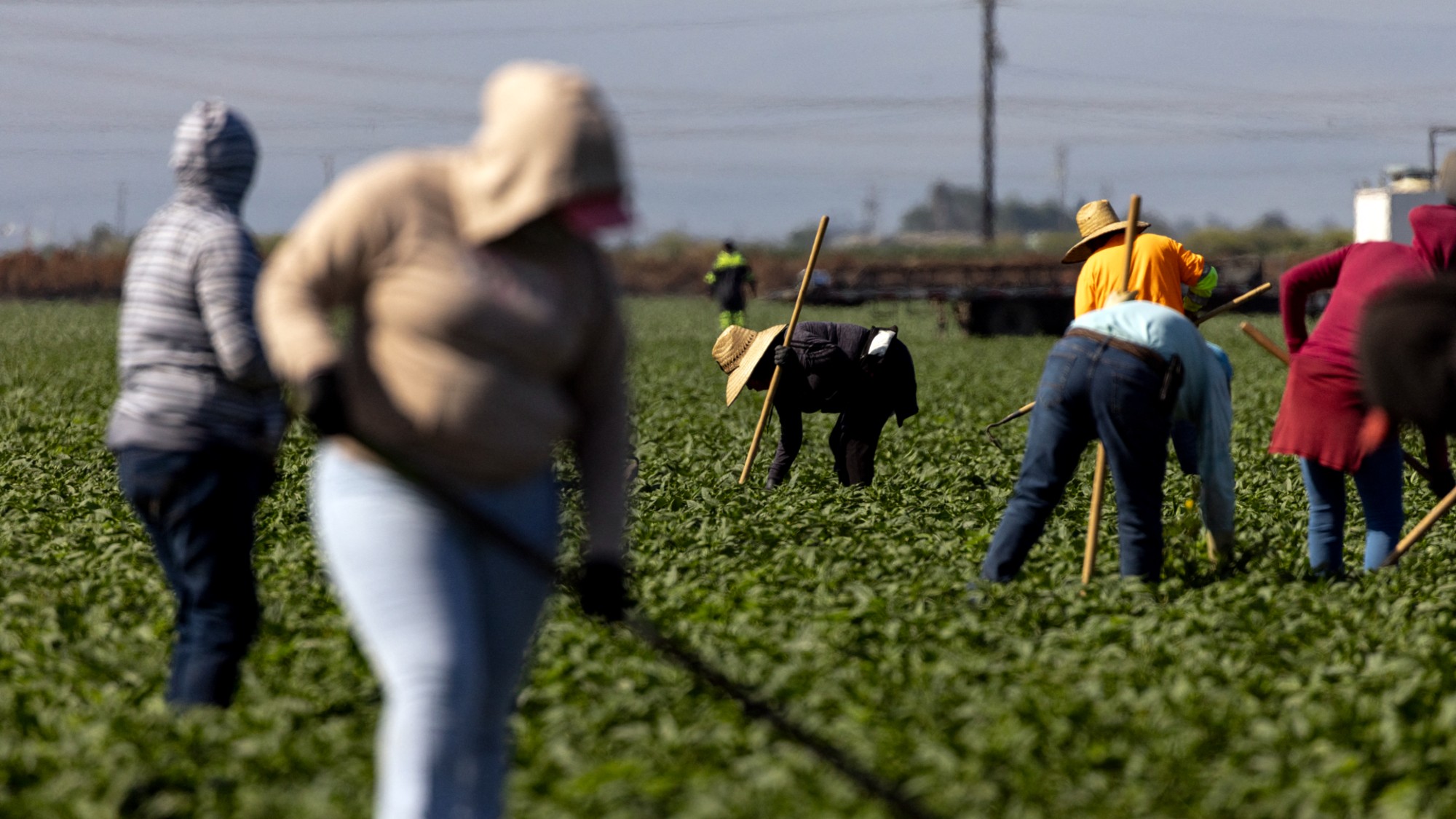 ‘All of these elements push survivors into silence’
‘All of these elements push survivors into silence’Instant Opinion Opinion, comment and editorials of the day
-
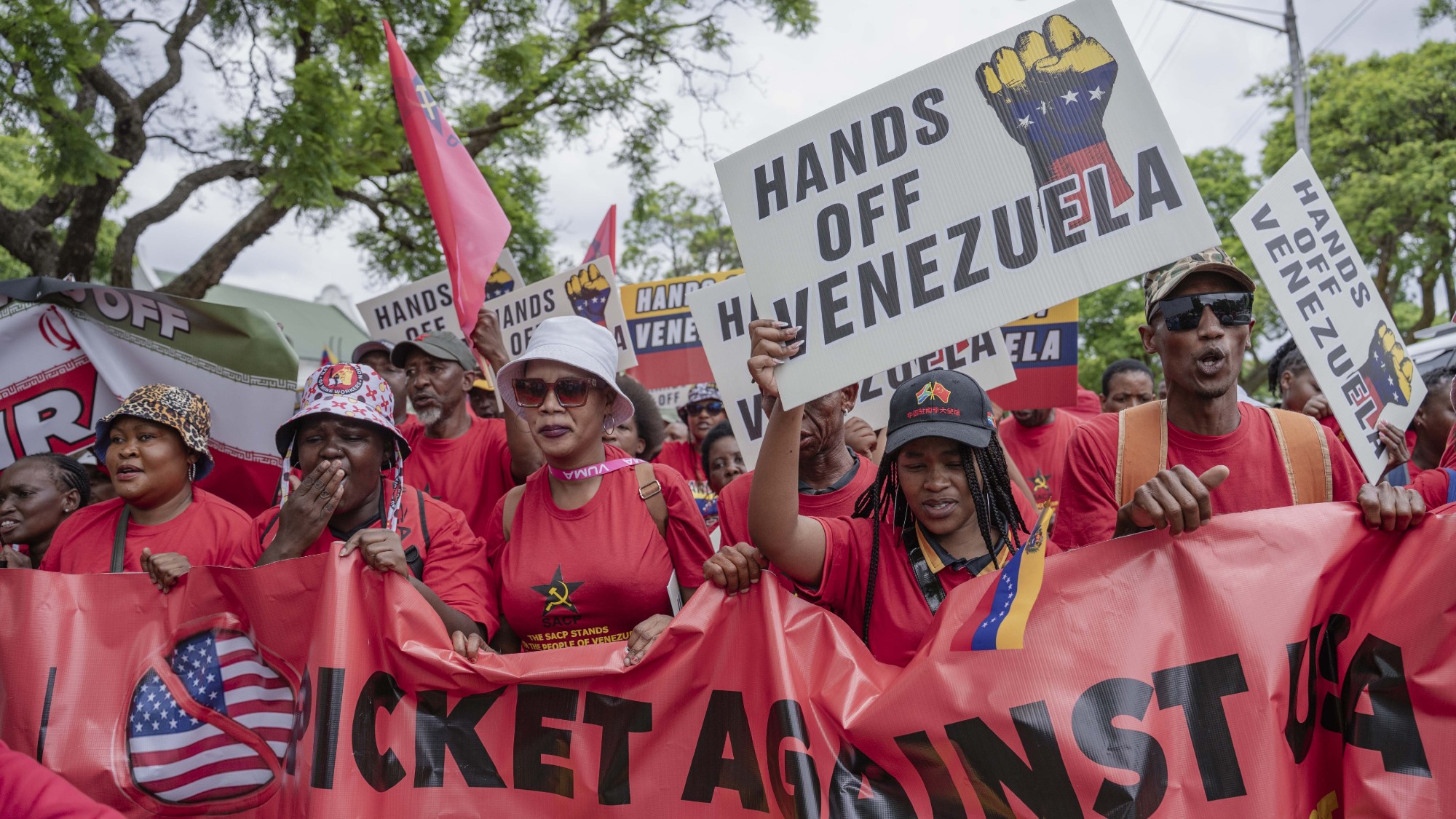 A running list of US interventions in Latin America and the Caribbean after World War II
A running list of US interventions in Latin America and the Caribbean after World War IIin depth Nicolás Maduro isn’t the first regional leader to be toppled directly or indirectly by the US
-
 How to rekindle a reading habit
How to rekindle a reading habitThe Week Recommends Fall in love with reading again, or start a brand new relationship with it
-
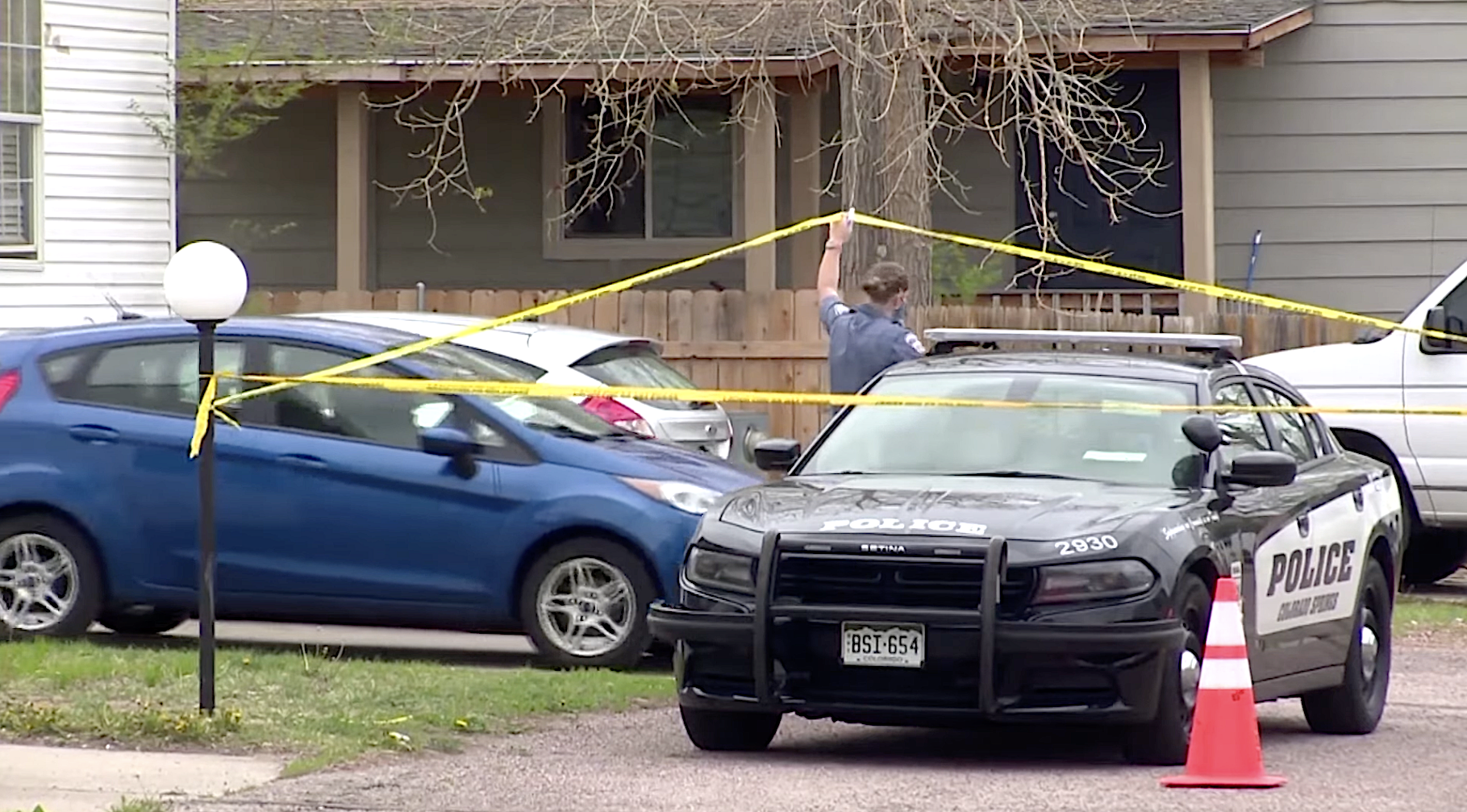 Gunman kills 6, himself at Colorado Springs birthday party
Gunman kills 6, himself at Colorado Springs birthday partySpeed Read
-
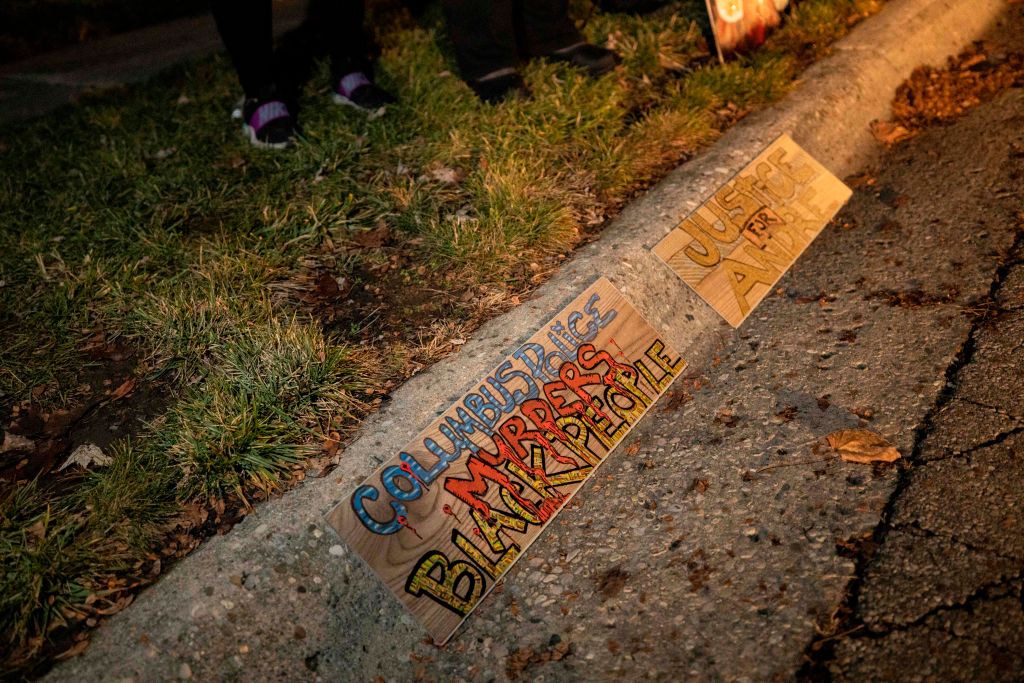 Columbus police fatally shoots Ma'Khia Bryant, 16, quickly releases body-cam footage
Columbus police fatally shoots Ma'Khia Bryant, 16, quickly releases body-cam footageSpeed Read
-
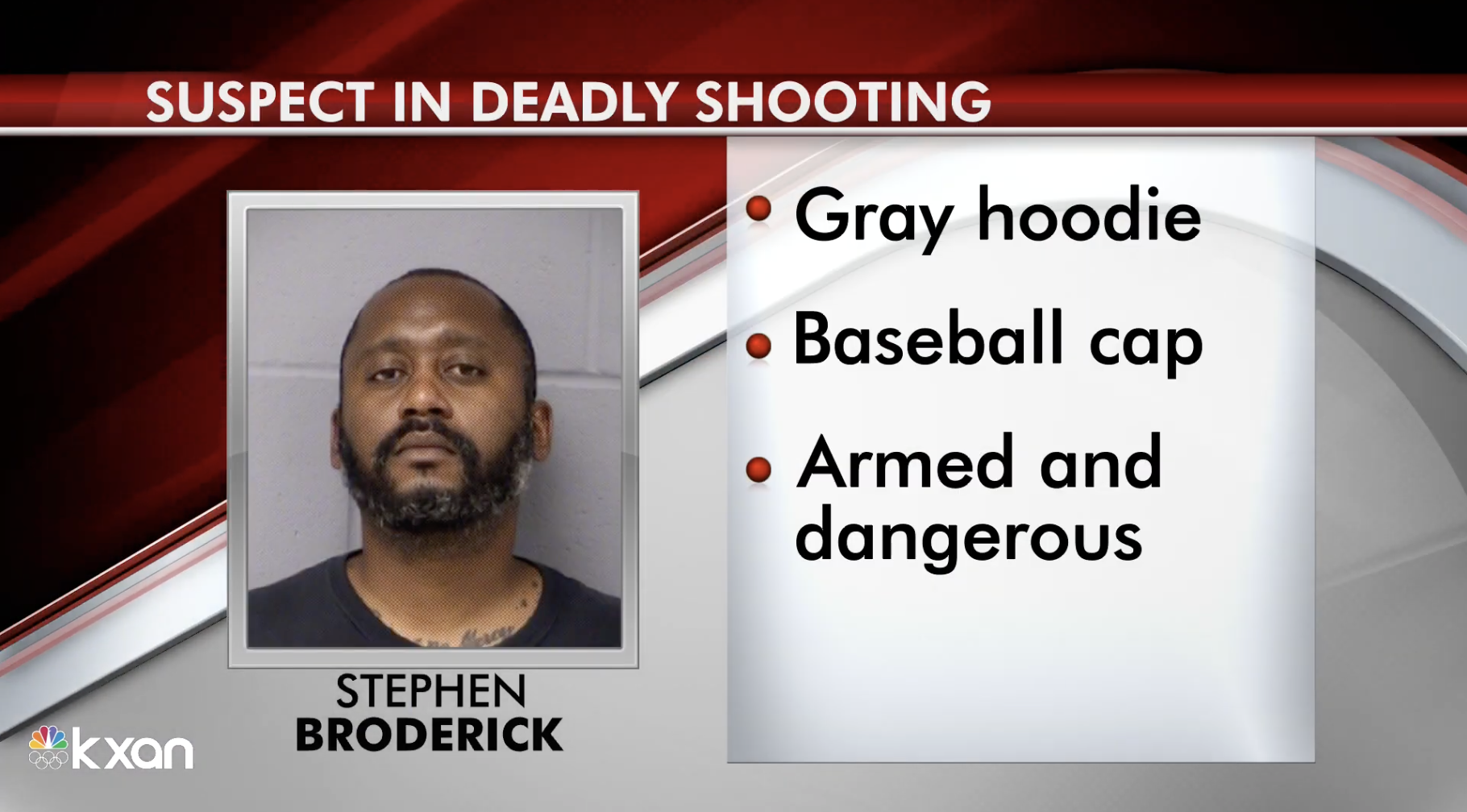 Austin police, feds searching for ex-sheriff's deputy accused of killing 3, in Sunday's 2nd mass shooting
Austin police, feds searching for ex-sheriff's deputy accused of killing 3, in Sunday's 2nd mass shootingSpeed Read
-
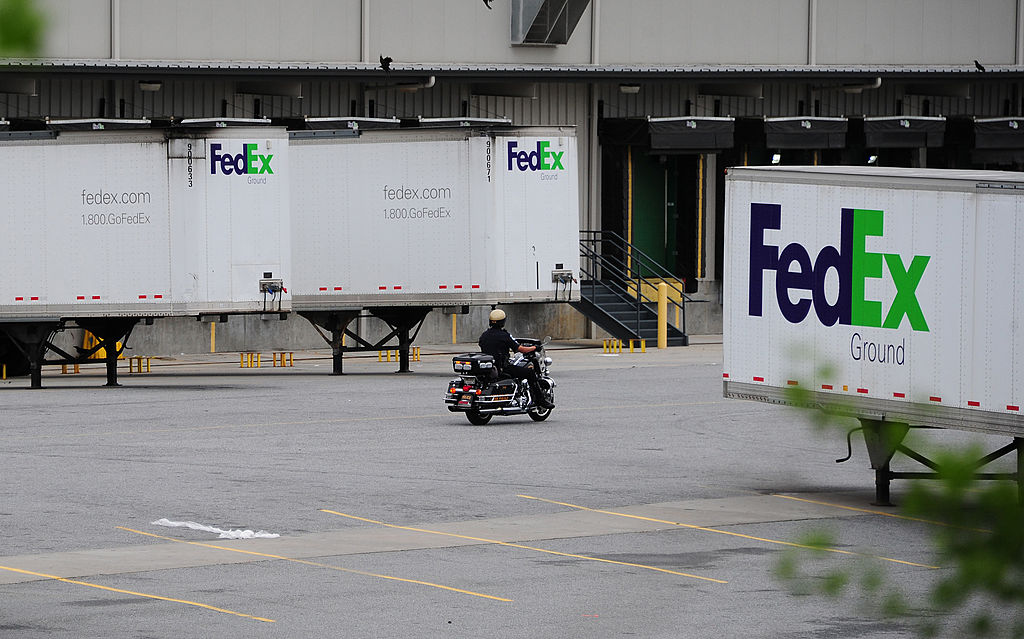 At least 8 dead in Indianapolis FedEx shooting
At least 8 dead in Indianapolis FedEx shootingSpeed Read
-
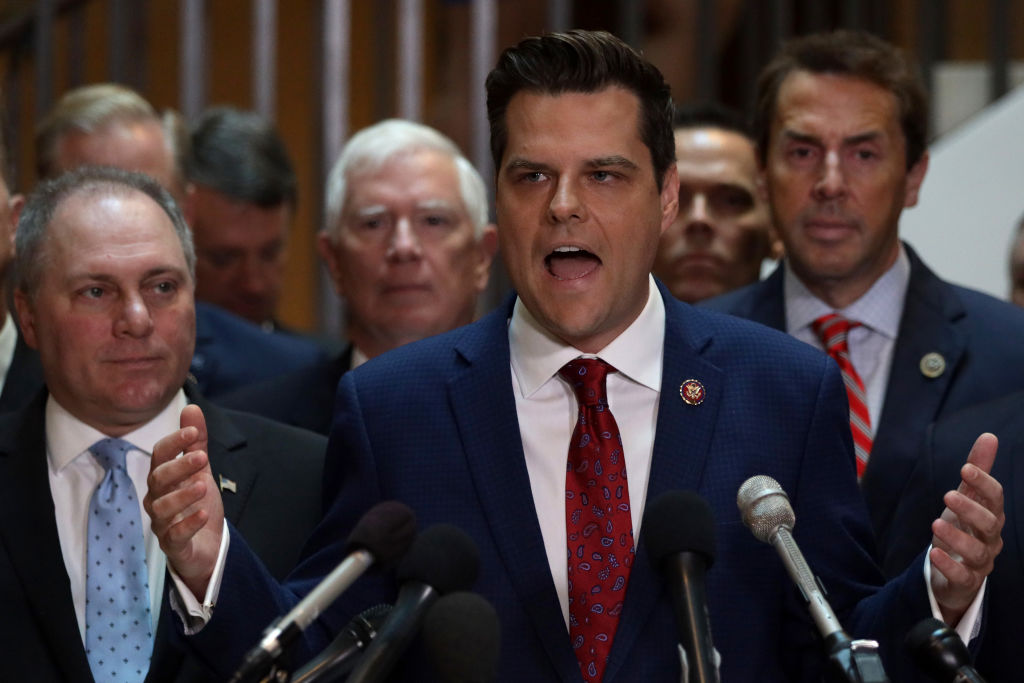 Scalise says GOP will 'take action' on Gaetz if DOJ moves ahead with 'formal' case
Scalise says GOP will 'take action' on Gaetz if DOJ moves ahead with 'formal' caseSpeed Read
-
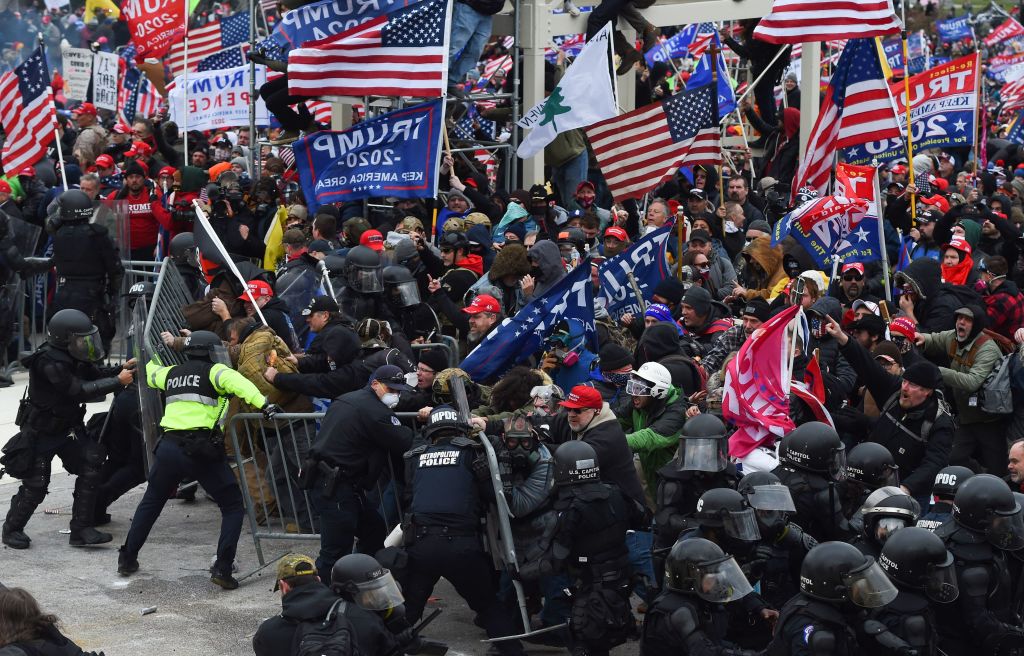 Watchdog report: Capitol Police knew about potential for violence on Jan. 6, but held back
Watchdog report: Capitol Police knew about potential for violence on Jan. 6, but held backSpeed Read
-
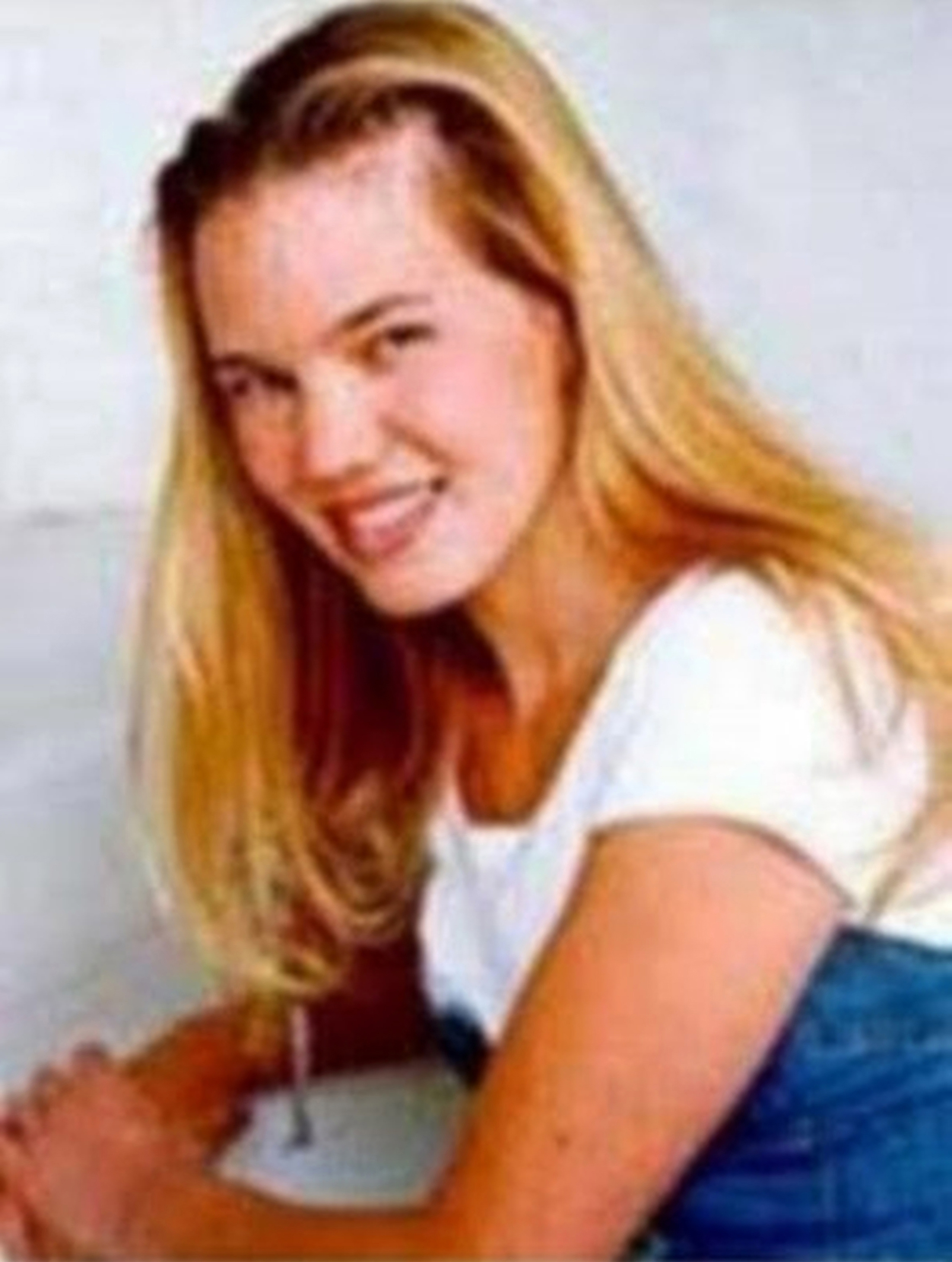 Former classmate arrested in 1996 disappearance of college student Kristin Smart
Former classmate arrested in 1996 disappearance of college student Kristin SmartSpeed Read
-
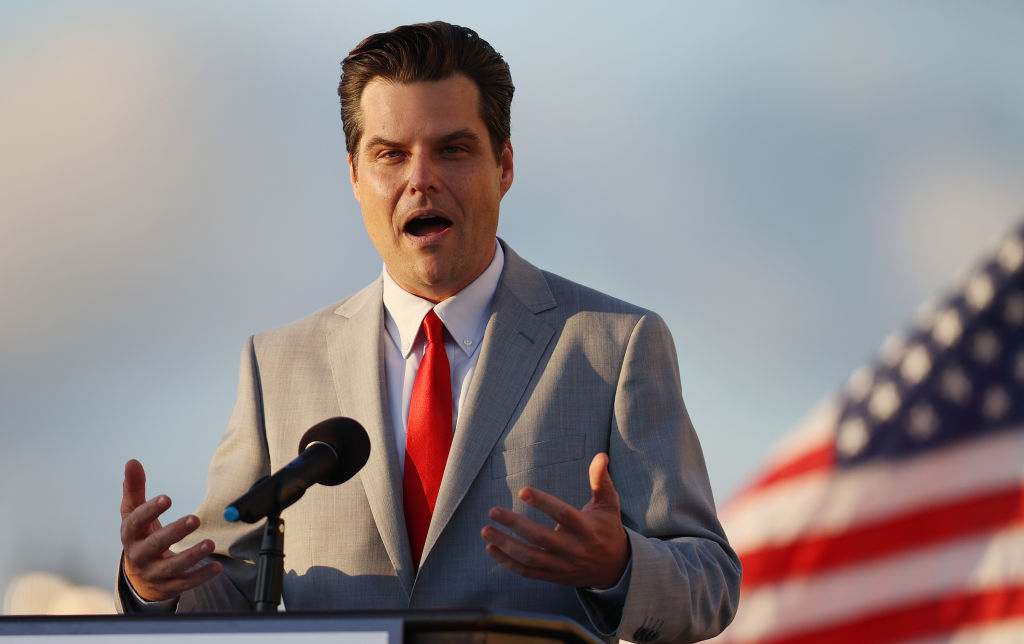 Report: Gaetz associate has been cooperating with federal investigators since last year
Report: Gaetz associate has been cooperating with federal investigators since last yearSpeed Read
